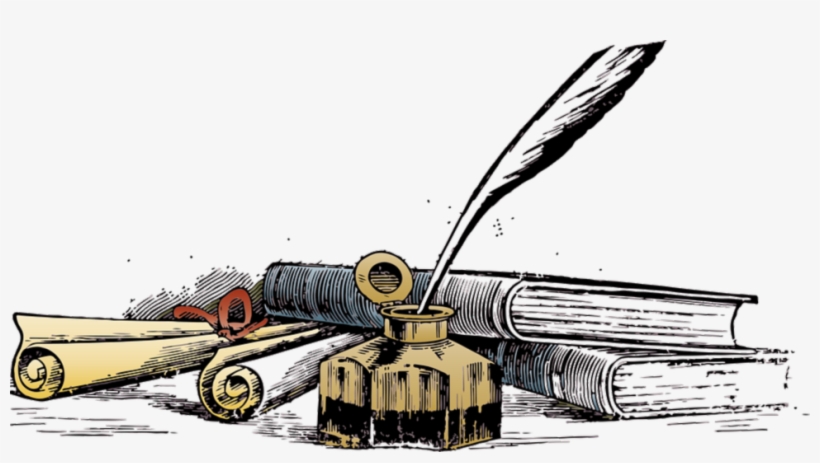I had passed my Royal Institution of Chartered Surveyors final examination in 1967 and was looking for employment and the reply I got to some of the applications for employment that I wrote was ‘go back to your country, Nigeria.’ Of course at that time in the middle of the Nigerian Civil War that was the last thing on my mind. With what I heard about the treatment meted out to Biafrans at the airport in Lagos I believed I would be harmed if I landed in Lagos. So I had to find a job in London.
Immediately the Nigerian authorities got the information that I had completed my course they wrote me telling me to come and collect my air ticket to Lagos. Of course I ignored the letter. How would I not? I was in support of Biafra and had already registered with the Representative Office. The Nigeria Government wrote twice more and then my allowance was stopped. Getting a job in a practicing firm or in one of the Councils was difficult. One reason was that Britain was not just in support of the war but was providing the weapons with which Nigeria was killing Biafrans. Most British companies or Councils had sympathy for Nigeria too. So it was easy for them to tell me to go back to Nigeria. Another reason was racial discrimination. Not too many white companies or firms would want their valued clients to come into their offices and have to deal with black men in those days. Those were the days when prominent politicians like Enoch Powell would get on television and tell the government to give all black people ten pounds each and send then back where they came from. They were also the days when one would go searching for rooms to let and find in the shop windows where vacancies were usually advertised signs proclaiming, ‘Sorry, no dogs, no blacks,’ or ‘Sorry, no blacks, no Irish.’ So I had to take on temporary jobs. I worked in Myers Beds on a machine knocking nails into curved corner wooden plywood pieces at a place just South of the River Thames. Then I joined Oxford University Press stuffing their pamphlets in envelopes bound for Africa and in many cases Nigeria.
Of course I joined the Biafra Students Union which met often in a Hall in Battersea. We students read stories of the war from the very few publications and newspapers that were in support of Biafra including a popular French language newspaper, Le Monde. There were some journalists like Frederic Forsythe whose favourable pieces we read avidly. The British newspapers just reported news favourable to Nigeria. Five countries that recognised Biafra were Gabon, Haiti, Ivory Coast, Zambia and Tanzania. Other countries which did not actually recognise Biafra but supported it materially included France, Spain, Norway, Rhodesia, South Africa and the Vatican City. So my applications were not only to firms and companies in England. The Government of the Republic of Tanzania offered me a job in their Ministry of Lands. I did not hesitate in accepting. By this time my Nigerian passport had expired and the Tanzanian Government prepared a one page travel document that enabled me to travel and I arrived Dar-es-Salaam in January, 1969, and in that very week a famous Mozambican freedom fighter, Edouardo Mondlane, was blown up in a house in Msasani, a high class residential area of Dar-es-Salaam.
